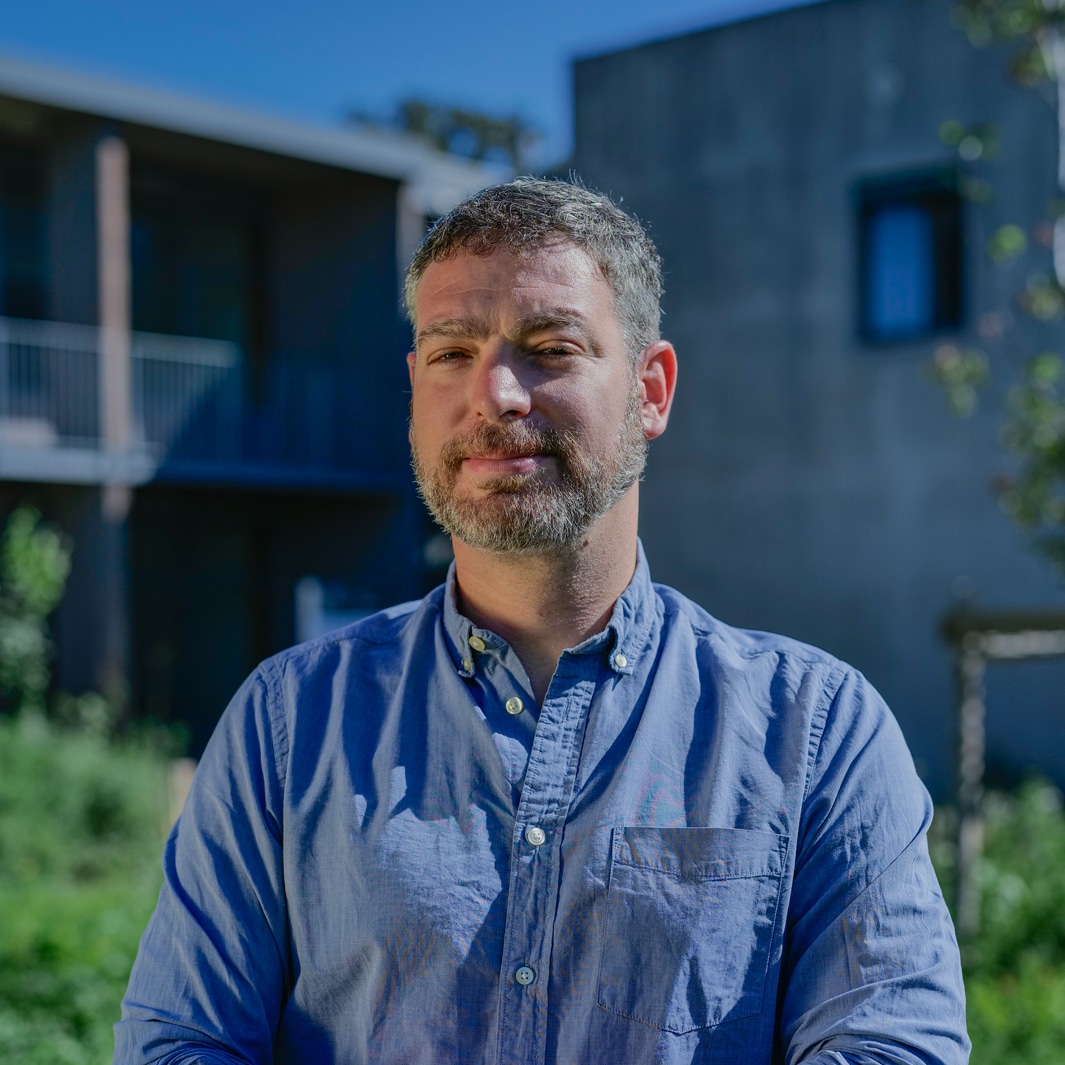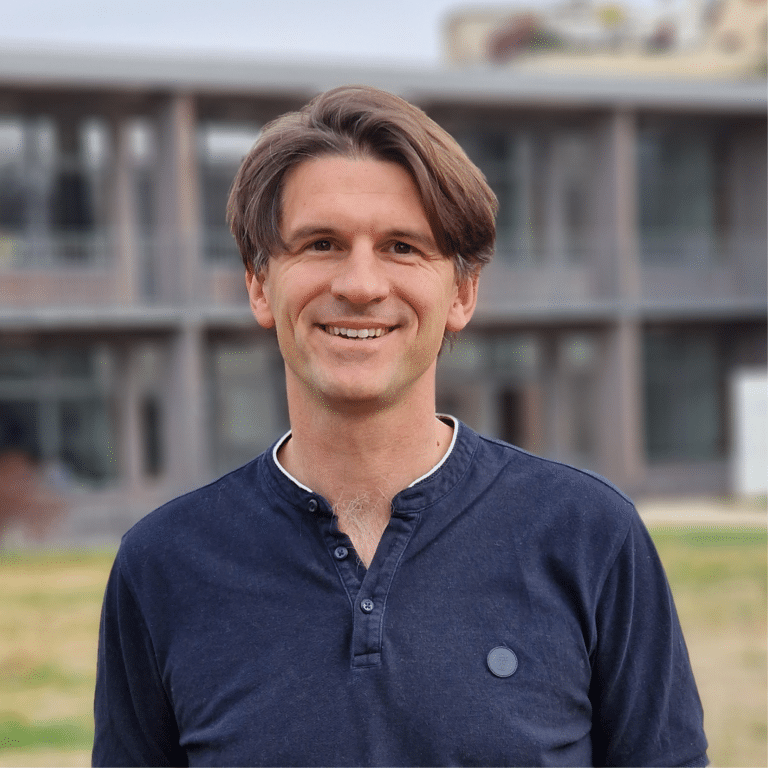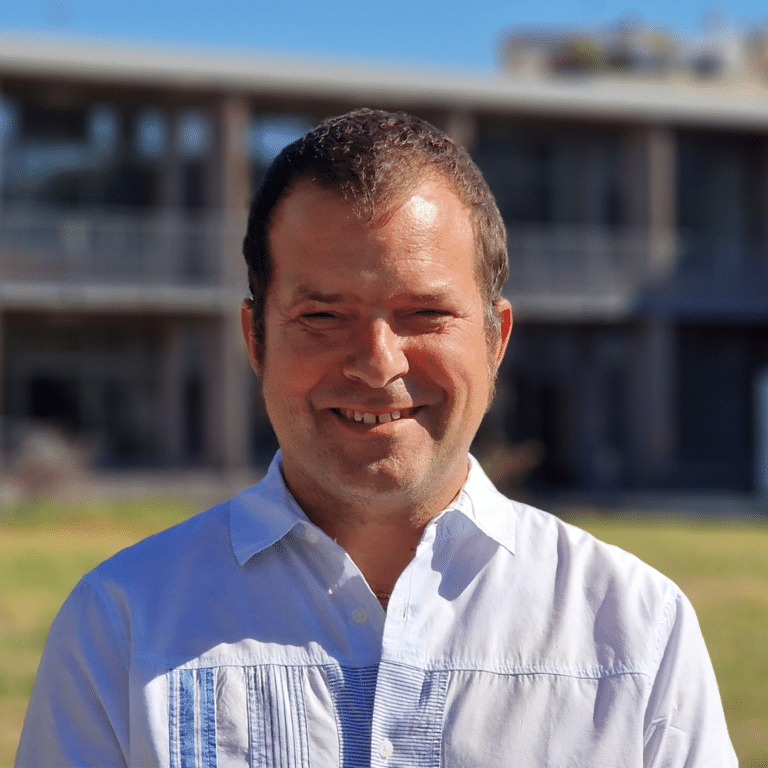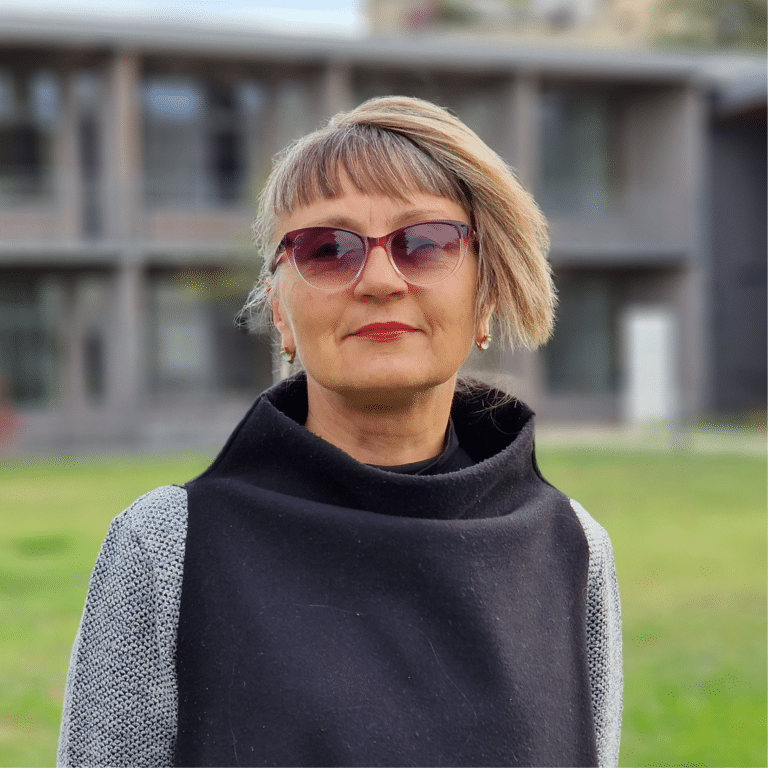
Itay Lotem
Research project
‘Talking about Race’: Antiracist Networks and Shifting Strategies in France and Germany from the 1980s to the Present Day
Project summary
The project ‘Talking about Race’ interrogates the reasons for the ‘discursive shift’ in antiracist activism in the 2000s in France and Germany, and with it the transformation of European antiracism and the circulation of ideas on ‘race’ beyond the anglophone space. The project examines the intellectual horizons of a new generation of antiracist activists of the mid-2000s. Reacting to changing circumstances in the two countries, these young activists moved away from traditional material activism to focus on discursive strategies that challenged the silence on ‘race’ in public debates.
Since the end of the Second World War, (continental) European political discourse adopted a ‘never again’ formula that sought to face Nazi crimes, crimes of collaboration, and their legacies. Socially acceptable discourse thus rejected openly addressing ‘race’ as a concept that was identified with European theories of biological racism. This became a barrier for new generations of antiracist activists from the 1980s onwards as they sought to address racial discrimination and its colonial roots, yet had no accepted vocabulary to do so. The strategies they have used to challenge this status quo, from mobilising the European colonial past to the borrowing of vocabulary about ‘race’ from anglophone – and particularly American – debates, often created new controversies about contemporary European identities.
‘Talking about race’ examines how antiracist activists have negotiated their position in society as racialised subjects through vocabulary that was available to them and reacting to social backlash as they went. Bringing together oral-history interviews and digital humanities’ methods, it provides insights into the circulation of ideas about ‘race’ between academia, activist objectives, and shifting public discourse. For these activists, addressing ‘race’ in the public sphere required not only an engagement with global ideas and their adaptation into local contexts, but also interaction with changing debates about the meaning of progressive political national and international identities, the idea of the nation, and how to face the legacies of a colonial past and the inclusion of racialised minorities.
In tracing the contemporary history of antiracist articulations of race and European belonging, the project considers:
- How did activists ‘translate’ academic concepts of race to address their ‘lived experiences’ of racism?
- How did they bridge gaps between US concerns and their local contexts, and where did contradictions remain in activists’ articulations of race? In short – how did activists address ‘race’ in a political context that did not contain space for them to do so?
- How to make sense of different transfers of ideas: between an anglophone context to specific non-anglophone one and from academic theory, particularly on intersectionality, to the immediacy of activism?
- How did antiracist activists mobilise existing ‘memory cultures’ relating to the Holocaust and colonialism? How did they position demands for inclusion of particular narratives of racialised minorities through addressing both countries’ colonial past as the moment of gestation of contemporary racism?
By addressing these questions, the project pursues two central objectives. First, to examine strategies of antiracist activism and to achieve a better understanding of the novel ‘antiracist turn’ to discourse and language. By the 2010s, antiracism in both countries had become deeply intertwined with debates about race: activists borrowed the vocabulary from anglophone – and often American – debates about race for the sake of challenging local particularities. Whether perceiving this as a particular sense of French republican paternalism or a ‘specifically German’ inability to acknowledge its status as a home for immigrants, antiracist actors targeted a common refusal to acknowledge the importance of race in fighting racism, which they qualified as ‘backward’ compared to more ‘advanced’ attention to race in anglophone contexts. In so doing, however, they shifted the focus of traditional antiracism from actions ‘on the ground’ to the use of language and the formation of discourse. Secondly, this project aims to uncover the processes of transmission between academic theories written for an academic audience and the realities of antiracist activism. Rather than asking whether activists read theory ‘wrongly’, this project examines how a new generation of antiracist activists have appropriated theoretical vocabulary, particularly theories of intersectionality, in the form of calls for action and resistance.
Biography
Itay Lotem is a Senior Lecturer (Associate Professor) in French Studies at the University of Westminster in London, where he has been based since the award of his PhD from Queen Mary University of London in 2017. He is a contemporary historian of memory politics, race and social movements whose research straddles intellectual history, cultural history and political theory.
Itay’s interest in the intersections between social movements, race, and memory politics developed into his first monograph, The Memory of Colonialism in Britain and France: The Sins of Silence (Palgrave Macmillan, 2021), the first comparative study of the memory of colonialism in Britain and France since the 1960 (shortlisted for the Memory Studies Association’s First Book Award in 2022). In 2024, he published a second monograph, Dealing with Dark Pasts: A European History of Autocritical Memory in Global Context, which offers an intellectual history of European memory politics since the Second World War. In addition, his published articles have interrogated activist use of academic texts, and particularly the concept of intersectionality, in memory politics.



